According to Qatari Ambassador to Vietnam Khalid Ali Abdullah Abel, strengthening cooperation between Vietnam and Qatar in the Halal industry can help ensure food security, not only for the two countries but also for the whole world, while promoting bilateral economy and tourism.
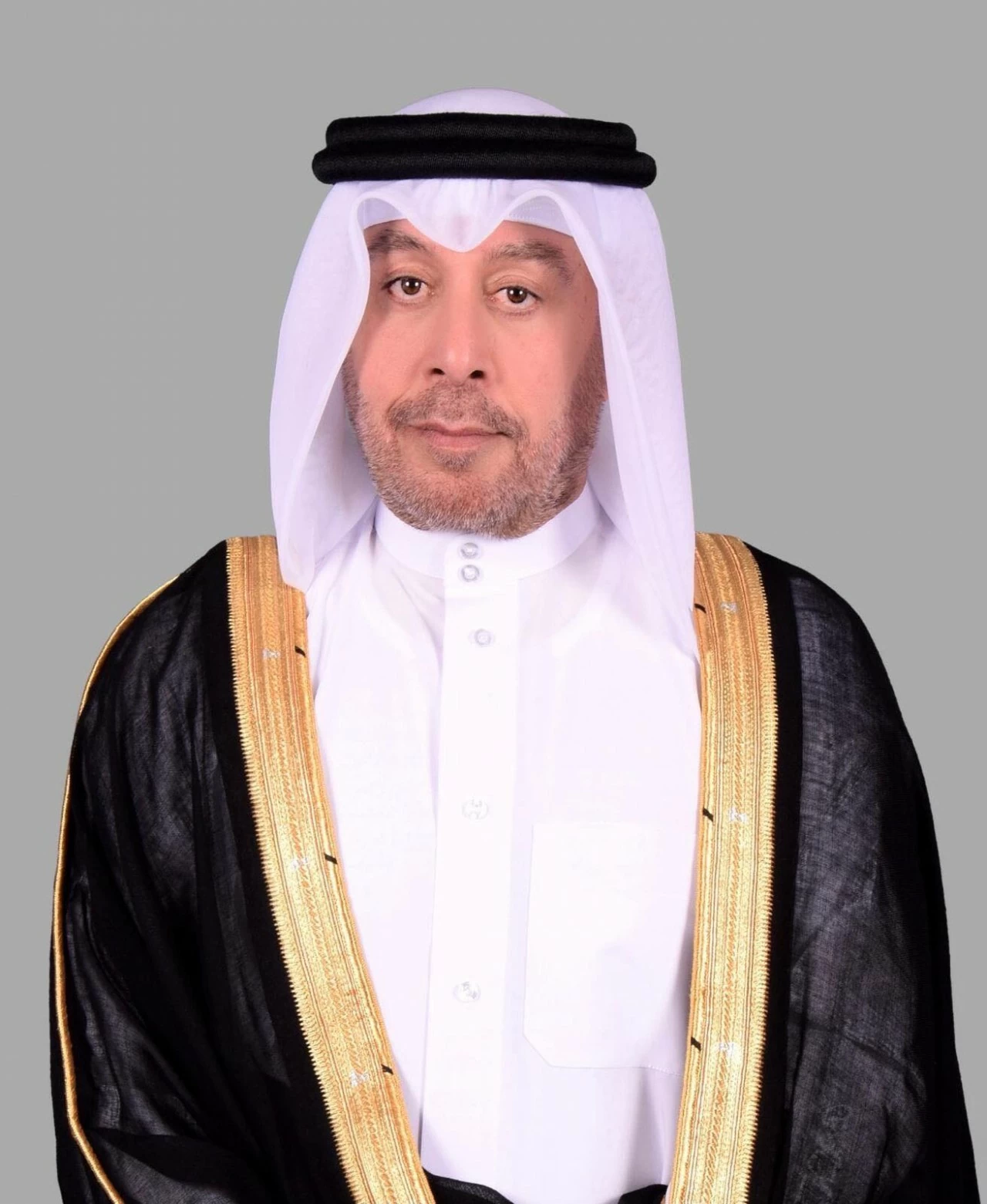 |
| Qatar Ambassador to Vietnam Khalid Ali Abdullah Abel. (Source: Qatar Embassy in Vietnam) |
On the eve of the National Halal Conference “Promoting internal strength, enhancing international cooperation to boost the development of Vietnam’s Halal industry”, Qatari Ambassador to Vietnam Khalid Ali Abdullah Abel shared about the potential for Vietnam-Qatar cooperation in the Halal industry, and gave advice to Vietnamese businesses looking to promote the export of products according to Halal standards.
Vietnam is aiming to build and develop the Halal industry in Vietnam by 2030. Could you assess the prospects of the Halal industry in Vietnam?
The Halal industry is not just about food, but an ecosystem that encompasses everything from food production to consumer goods and services. The word ‘Halal’ is an Arabic term that means “permissible” or “lawful” under Islamic law. Therefore, Muslims must ensure that whatever they consume is of Halal origin.
Vietnam has many opportunities to develop the Halal industry thanks to its geographical location near major Muslim countries (Indonesia and Malaysia) which are considered the largest Halal markets. Besides its huge agricultural output (vegetables, fruits, rice, coffee, tea, pepper, spices, rubber, cashew nuts, etc.), Vietnam can also take advantage of all the Free Trade Agreements (FTAs) signed with partners to promote the Halal sector. With these advantages, I believe that the future of the Halal industry in Vietnam is very promising.
Vietnam has identified the importance of the Halal industry and has taken many positive actions to promote it, such as establishing the National Halal Certification Center. I think this is an important step to access large Halal markets.
In addition, I understand that the Prime Minister has approved the Project “Enhancing international cooperation to build and develop Vietnam’s Halal industry by 2030”. This project will help deepen Vietnam’s relationship with major Muslim countries and pave the way for Vietnamese products to enter the Halal market.
The Halal market is booming globally and the Halal industry is beneficial to the economic development of any country in the world. As we know, the Halal market accounts for 25% of the world population and Halal products are worth nearly 2.3 trillion USD. Vietnam has made great efforts to develop this important industry and needs to invest more in the Halal market. I believe that the right steps will lead to the development of the Halal industry and attract more tourists from Muslim countries to Vietnam.
| "Vietnam has identified the importance of the Halal industry and has taken many positive actions to promote the industry, such as establishing the National Halal Certification Center. I think this is an important step to access large Halal markets." (Qatar Ambassador to Vietnam Khalid Ali Abdullah Abel) |
So what opportunities and potentials for cooperation are Vietnam and Qatar facing in the vast Halal industry? Could you share some of the Embassy’s priorities to promote cooperation in this field?
The State of Qatar is an Islamic country that pays special attention to Halal products, and Qatar's efforts in this field have been recognized by the world. It can be said that the cooperation opportunities between Qatar and Vietnam in the Halal field are very large, such as the issuance of Halal certificates. In addition, Qatar can help Vietnam meet the requirements of the Halal industry, and can also help train Vietnamese people to work in this field.
Qatar is a thriving Halal economic hub and has established itself as a leader in the region’s Halal food industry with key market players such as Hassad Food promoting food security, sustainability and innovation. Qatar’s Halal market is worth $156.4 billion and is fostering a spirit of collaboration through initiatives by the Qatari Ministry of Commerce and Industry and other businesses in the sector.
Furthermore, the Government of the State of Qatar has established the Halal Quality Control (HQC) Group which is committed to providing comprehensive solutions to help businesses overcome challenges in this sector. The main approach of this group is to work closely with key agencies responsible for regulating and verifying the Halal standards of imported products. The Halal Quality Control Group has decades of experience in Halal certification through Halal certification bodies in Europe.
For my part, I will do my best to promote cooperation between the two countries in many fields, especially in the Halal industry. As you know, Vietnam's agricultural sector is very large but lacks some important technical factors, such as production, services and infrastructure.
Strengthening cooperation between Vietnam and Qatar in this field can help ensure food security, not only for the two countries but also for the whole world. In addition, we also promote bilateral economic and tourism cooperation.
Moreover, Vietnam is famous for its large seafood production, while Qatar is one of the major importers. Our two countries can cooperate in this field by applying all safety procedures, so that Qatar can start importing seafood from Vietnam.
We can also cooperate to connect businesses in both countries so that they can work directly, bringing Vietnam into the Middle East Halal market.
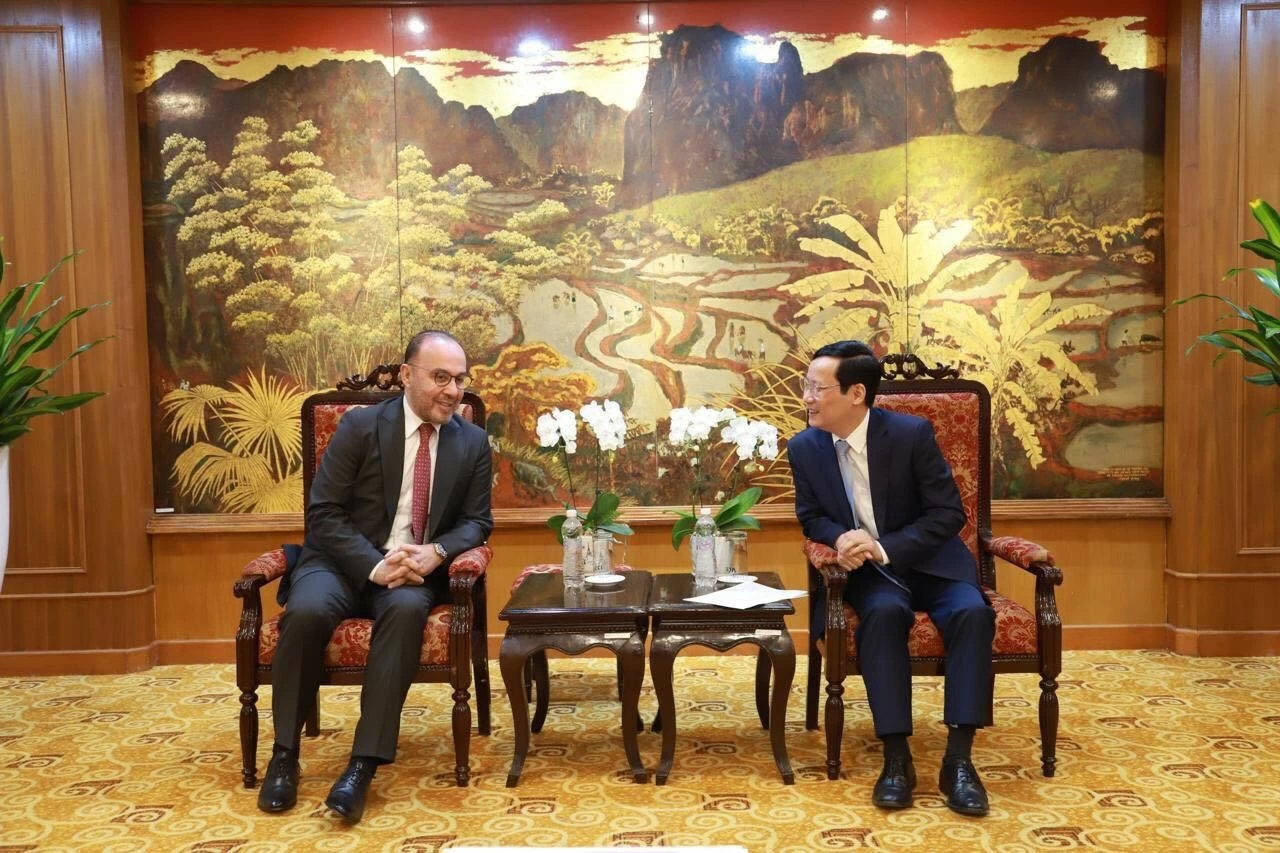 |
| Qatari Ambassador Khalid Ali Abdullah Abel met with Chairman of the Vietnam Federation of Commerce and Industry (VCCI) Pham Tan Cong to discuss prospects for bilateral trade cooperation, August 2023. (Source: Qatar Embassy in Vietnam) |
Does the Ambassador have any message for Vietnamese businesses looking to promote the export of products according to Halal standards?
Halal standards are becoming increasingly popular and important globally, especially in terms of hygiene, safety and bringing great opportunities to many countries. Therefore, my advice for Vietnamese businesses is as follows:
First of all , Vietnamese businesses need to seek Halal certification from Muslim countries in the region or in the Middle East to achieve Halal standards.
Second, businesses need to strengthen trade connections with Halal companies in Muslim countries and apply strict Halal standards to Halal products and services.
Third , consider hiring Halal standards experts from Muslim countries. In addition, more attention should be paid to transparency and traceability.
Last but not least is the strong support of the Vietnamese Government for businesses operating in the Halal industry.
So for Qatar's $156.4 billion Halal market, where are the opportunities for Vietnamese businesses and what should they pay attention to, Ambassador?
There are many opportunities for favorable cooperation between our two countries, because Qatar's Halal market needs a large volume of agricultural products, in which Vietnam can contribute a large part. Besides, Vietnam has a large seafood output and can export some of these products to Qatar.
However, as I mentioned above, Vietnamese businesses should pay attention to hygiene, safety, and seek Halal certification from Muslim countries in the region or in the Middle East, achieve Halal standards; strengthen trade connections with Halal companies in Qatar; apply strict regulations on Halal standards and Halal products and services; hire Halal standards experts from Muslim countries to train Vietnamese people working in this field; and pay more attention to transparency and traceability.
Thank you Ambassador!
| "For my part, I will do my best to promote cooperation between the two countries in many fields, especially in the Halal industry." (Qatari Ambassador to Vietnam Khalid Ali Abdullah Abel) |
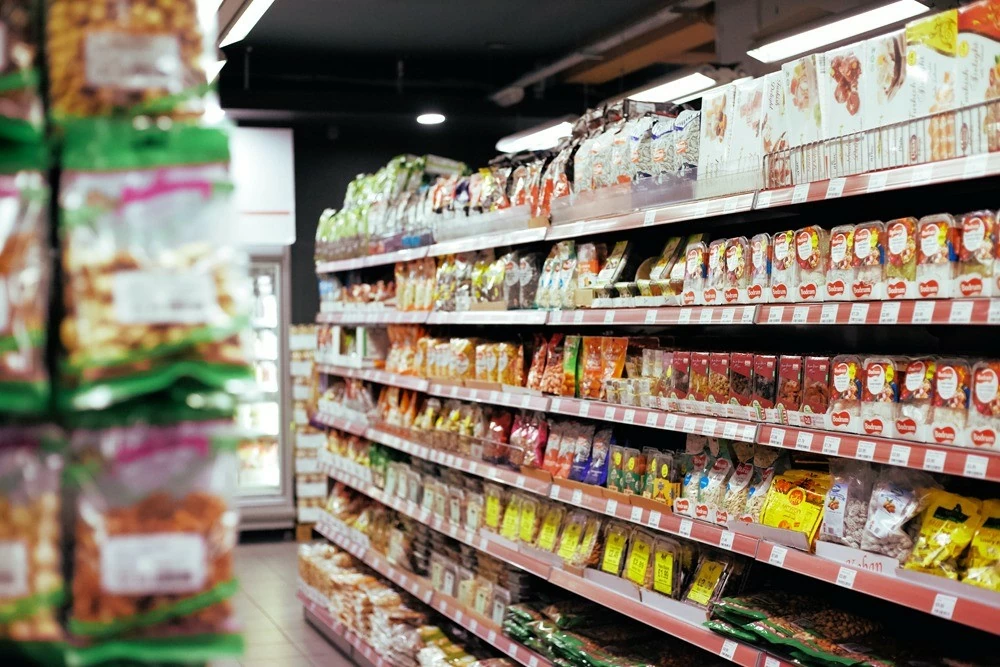 |
| Qatar is a thriving Halal economic hub. (Source: The Peninsula Qatar) |
Source: https://baoquocte.vn/thi-truong-halal-tri-gia-1564-ty-usd-cua-qatar-san-sang-chao-don-viet-nam-290521.html


![[Photo] President Luong Cuong awarded the title "Heroic City" to Hai Phong city](https://vphoto.vietnam.vn/thumb/1200x675/vietnam/resource/IMAGE/2025/5/13/d1921aa358994c0f97435a490b3d5065)
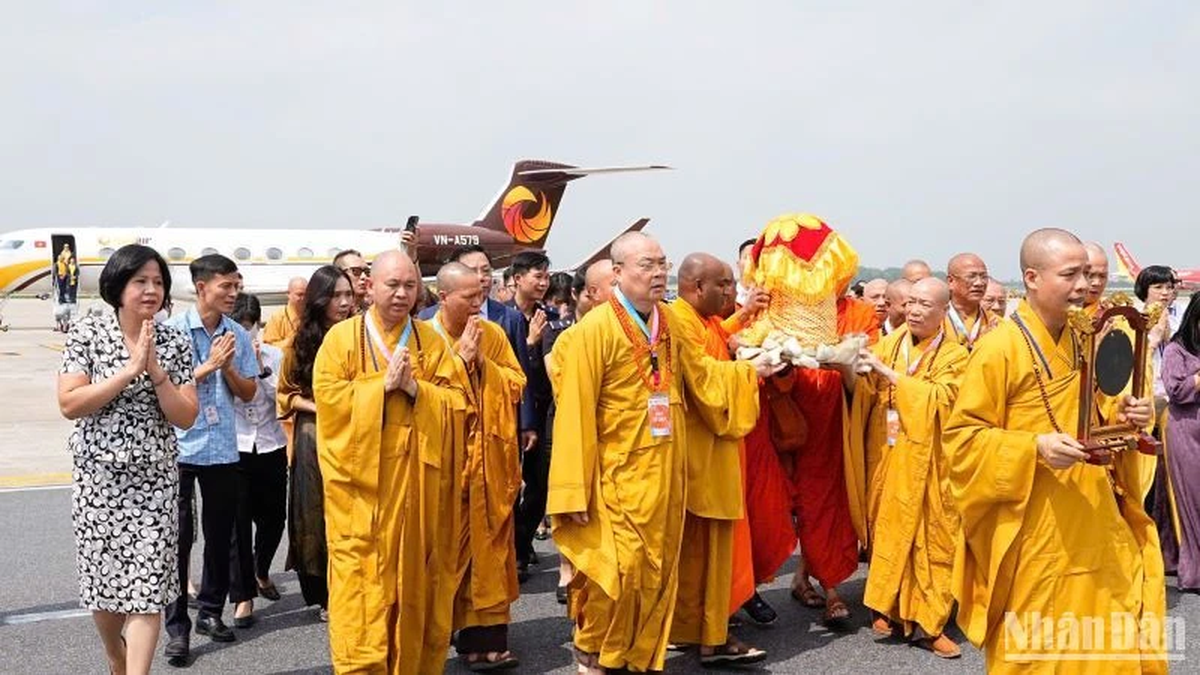
![[Photo] Prime Minister Pham Minh Chinh receives Ambassador of the French Republic to Vietnam Olivier Brochet](https://vphoto.vietnam.vn/thumb/1200x675/vietnam/resource/IMAGE/2025/5/13/f5441496fa4a456abf47c8c747d2fe92)

![[Photo] Many people in Hanoi welcome Buddha's relics to Quan Su Pagoda](https://vphoto.vietnam.vn/thumb/1200x675/vietnam/resource/IMAGE/2025/5/13/3e93a7303e1d4d98b6a65e64be57e870)
![[Photo] President Luong Cuong attends the inauguration of the international container port in Hai Phong](https://vphoto.vietnam.vn/thumb/1200x675/vietnam/resource/IMAGE/2025/5/13/9544c01a03e241fdadb6f9708e1c0b65)


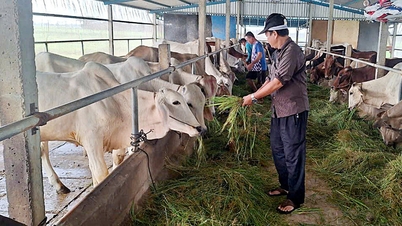



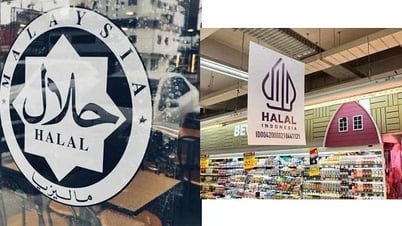

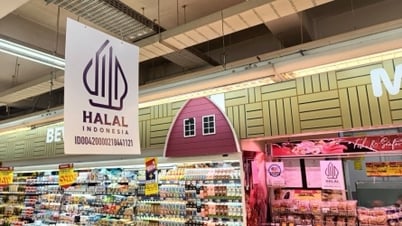

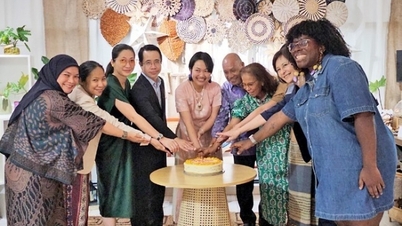
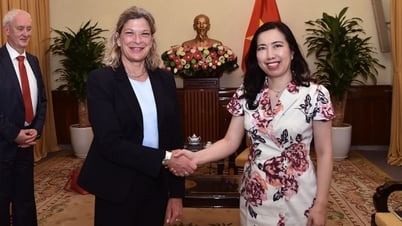
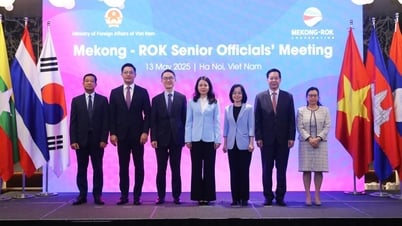

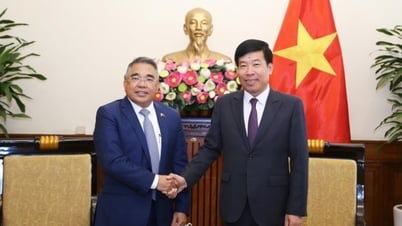
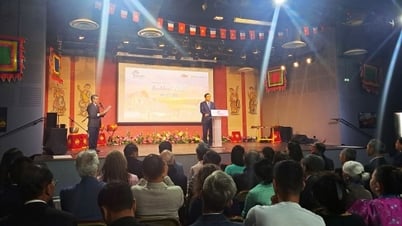







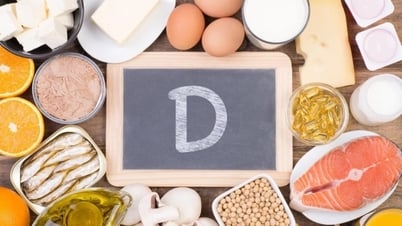
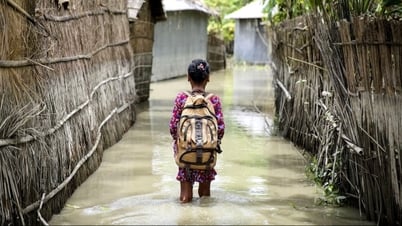




















































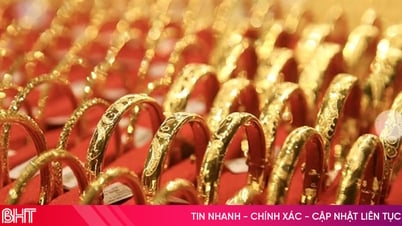


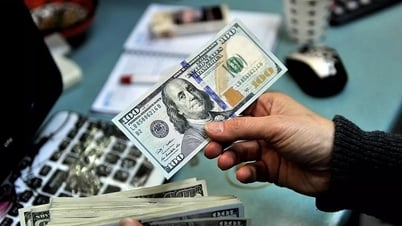

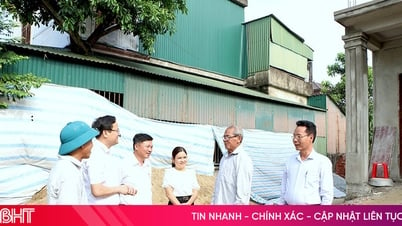
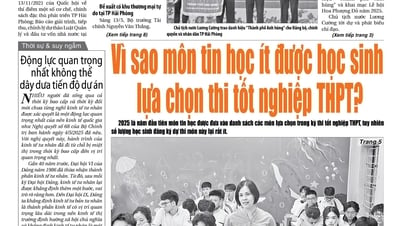










Comment (0)